1. Sleeping on Your Left Side Brings Good Health
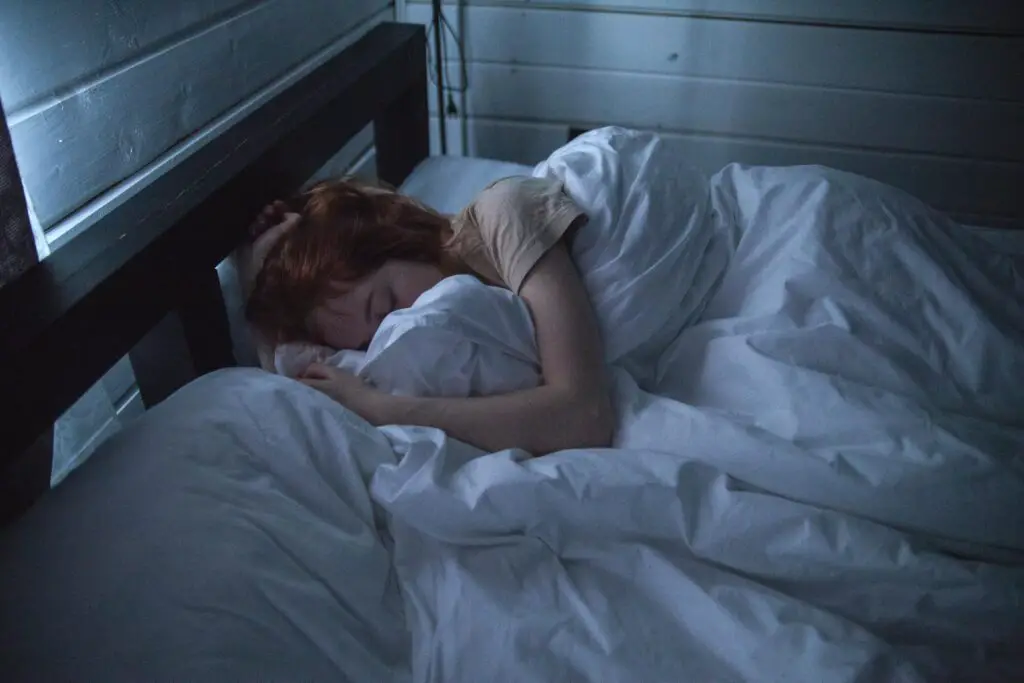
For centuries, people in various cultures believed that sleeping on your left side was the best position for health. The idea was rooted in the belief that this position aided digestion, improved circulation, and promoted the best rest. Ancient Egyptians, for example, valued the left side for its supposed healing properties and believed it connected the body to spiritual forces. In medieval Europe, there was a notion that sleeping on the left side helped balance humors, as described in the humoral theory of medicine.
However, modern science suggests that sleeping on either side may not have any significant impact on overall health. That said, some people find that sleeping on their left side reduces heartburn or acid reflux, which might be why the belief endured through the centuries. Still, it’s important to note that personal comfort should be the main factor in choosing your sleep position.
2. Counting Sheep to Fall Asleep
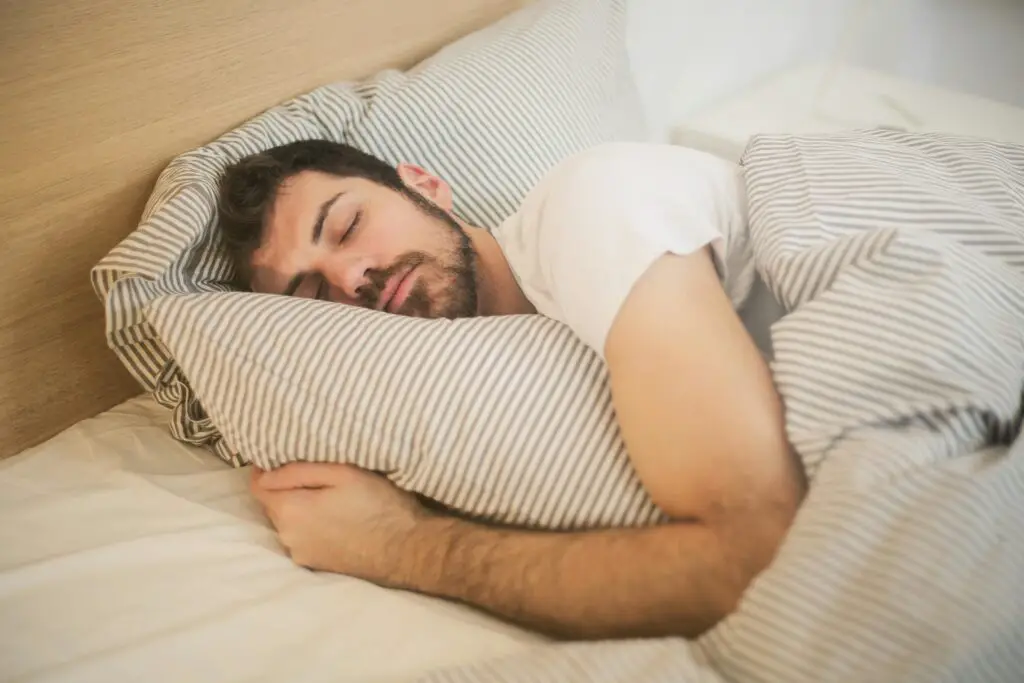
The practice of counting sheep to fall asleep has been around for centuries and is deeply ingrained in Western culture. The idea is that the monotonous nature of counting sheep would help the mind relax and focus on something non-stimulating, making it easier to drift off. This method traces its roots to English folklore, where the image of sheep in a peaceful meadow was used to induce relaxation.
While some might still swear by this method, modern sleep experts argue that focusing on a repetitive task like counting can help distract the mind from anxious or racing thoughts. However, it’s not a guaranteed solution for everyone, and alternative techniques like mindfulness and deep breathing might be more effective for others.
3. Keeping Your Feet Warm Ensures Better Sleep
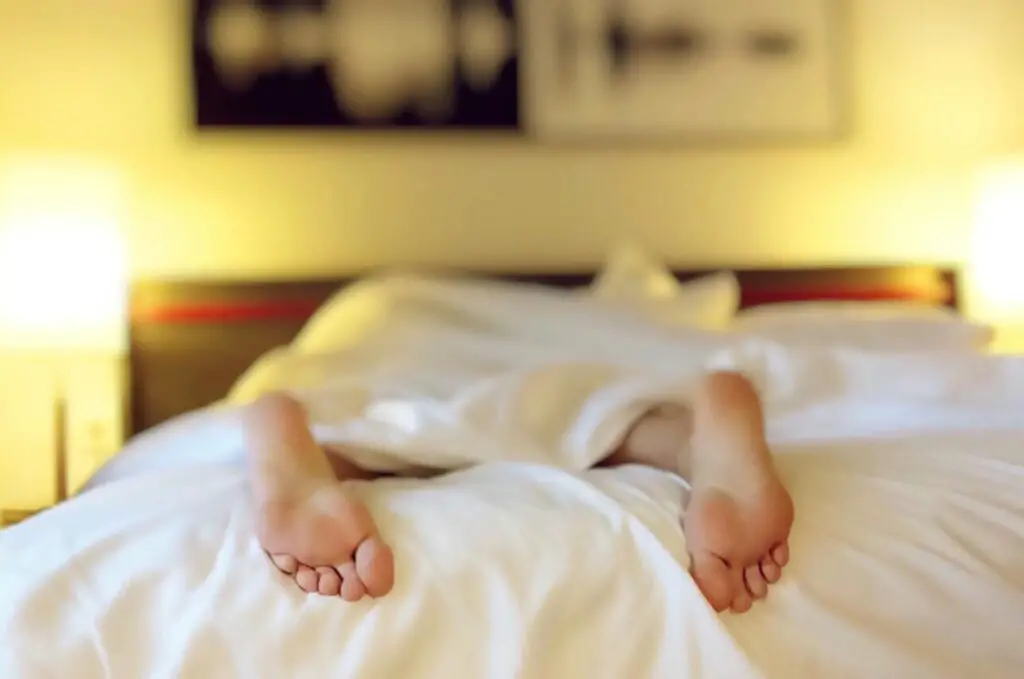
One strange belief about sleep is that warm feet lead to a more restful night. Many cultures, from ancient Greeks to Native American tribes, suggested that keeping your feet warm before bed would promote better sleep quality. The logic behind this belief was that warming the feet helped to improve blood circulation, thus relaxing the body for a deeper slumber.
Recent studies support the idea that warm feet can, indeed, help signal the brain that it’s time for sleep. When the body cools slightly, it mimics the natural drop in temperature that happens during the night, aiding in the transition from wakefulness to restfulness. So, cozy socks might just be more than a comfort!
4. Never Wake a Sleepwalker

The superstition of never waking a sleepwalker dates back to ancient times when sleepwalking was thought to be a spiritual or supernatural condition. In the medieval period, it was believed that waking someone in the midst of sleepwalking could disturb their soul or cause them to lose their sanity. Over time, the belief evolved, and people started to see sleepwalking as a sign of deep emotional or mental unrest.
Modern sleep science now understands sleepwalking to be a result of a parasomnia, where the brain is partially awake during sleep. While waking a sleepwalker isn’t dangerous, experts recommend gently guiding them back to bed rather than shaking them awake, as sudden awakening could cause confusion or distress.
5. Bedtime Prayers Keep Nightmares Away

For centuries, children around the world have been taught to say bedtime prayers as a way to ward off bad dreams and evil spirits. This belief has deep roots in religious and spiritual traditions, with the idea that invoking divine protection before sleep could ensure peaceful, undisturbed rest. In many Christian households, saying prayers like “Now I Lay Me Down to Sleep” became a nightly ritual.
While bedtime prayers might not have any tangible effect on the quality of sleep, many find comfort and peace in these rituals. The calming effects of prayer or meditation can lower stress levels, which can, in turn, help create a more restful environment for sleep.
6. You Shouldn’t Sleep With Your Head Facing North
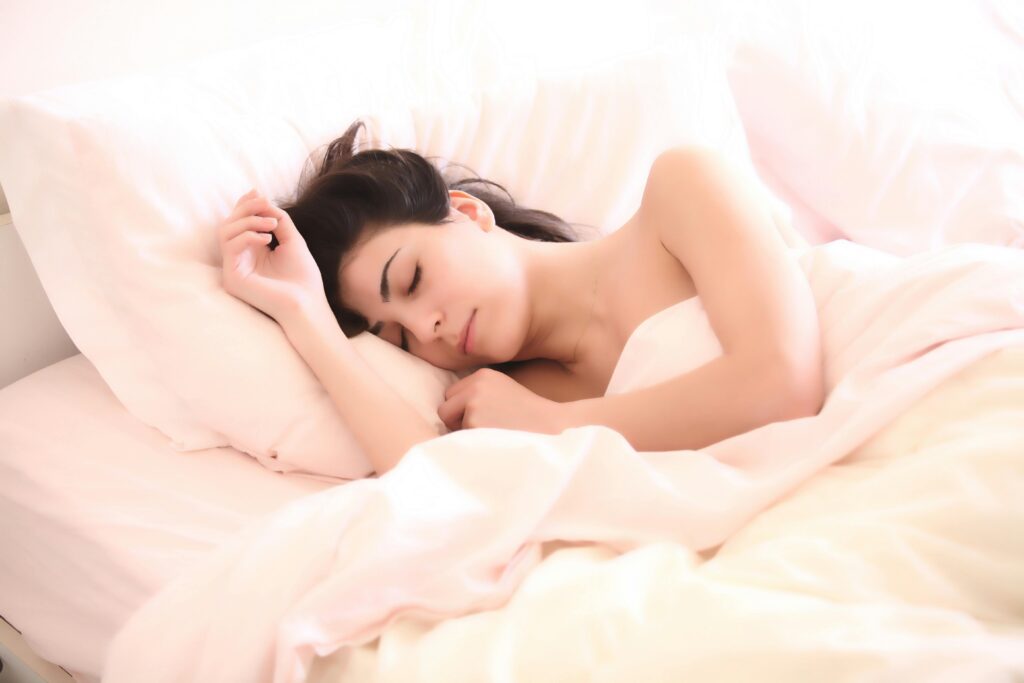
In some Eastern cultures, particularly in India and China, it was believed that sleeping with your head facing north was bad for your health. This belief is tied to the idea of magnetic fields, with ancient practitioners asserting that the Earth’s magnetic field could interfere with sleep patterns if the head faced north. Some also believed that this position could upset the body’s energy flow or disturb your spiritual well-being.
Though modern science doesn’t support these claims, many people in these cultures still follow the tradition of sleeping with their heads facing south or east. In fact, in the practice of Feng Shui, which seeks harmony between individuals and their environment, the positioning of the bed is an important consideration.
7. A Spoon Under the Pillow Will Help You Sleep

In parts of Europe, it was once believed that placing a spoon under your pillow would ensure a good night’s sleep. This superstition may have originated from the belief in magical or protective powers that everyday objects could hold. In this case, the spoon was thought to act as a talisman that would ward off nightmares and evil spirits.
Today, the idea of using a spoon under the pillow might sound odd, but it reflects how deeply people once connected the act of sleeping with the spiritual world. While it’s no longer a widely held belief, the idea of sleeping with comforting or symbolic objects remains common, as many people use stuffed animals or blankets to feel secure and relaxed.
8. A Nightcap Helps You Sleep Better

For centuries, it was believed that a small drink of alcohol before bed would help you fall asleep faster. The tradition of a “nightcap” is widespread, from the wine-filled toasts of the Romans to the whiskey drinks of more modern times. People thought that alcohol would relax the body and mind, allowing for a more restful night’s sleep.
However, recent studies show that while alcohol can initially make you feel drowsy, it actually disrupts the later stages of sleep, particularly REM sleep. So, while a nightcap may make you feel sleepy at first, it’s not the best choice for long-term sleep quality.
9. If You Sleep With Your Mouth Open, It Means You’re Sick

In medieval Europe, it was believed that sleeping with your mouth open indicated an impending illness or infection. The superstition was grounded in the notion that open mouths could invite evil spirits to enter the body, leading to sickness. This belief was widespread, and people were often warned to sleep with their mouths closed to prevent harm.
Today, we know that sleeping with your mouth open can actually cause dryness in the throat and mouth, potentially leading to discomfort or sleep disruption. It’s often a sign of snoring or nasal congestion, rather than a signal of illness, though it’s still common to hear people say “you must be getting a cold” when they see someone sleeping this way.
10. Sleeping With a Full Stomach Leads to Bad Dreams

In many cultures, it’s believed that eating a large meal before bed can cause nightmares or disturbing dreams. This belief was particularly common in Europe and parts of Asia, where it was thought that the body’s digestive process interfered with the dream world. The idea was that when your body worked too hard to digest food, your sleep would become restless, and your dreams would become more vivid and unsettling.
While there’s no evidence to suggest that a full stomach directly leads to nightmares, it is true that eating heavy or rich foods before bed can cause discomfort, indigestion, or acid reflux, which may disturb sleep. So, it’s still wise to avoid big meals too close to bedtime for the sake of comfort and peaceful rest.
11. An Apple a Day Keeps Bad Dreams Away

Some cultures, particularly in Europe, believed that placing an apple under your pillow would prevent nightmares. The belief was likely tied to apples’ association with health, longevity, and the ability to ward off evil spirits. The fruit was considered both a protective and magical object, capable of influencing the quality of dreams and keeping bad thoughts at bay.
While there’s no scientific evidence linking apples with improved dreams, the ritual reflects how people throughout history have tried to use natural elements to influence their sleep. People still place symbolic objects like flowers or crystals under their pillows for comfort or peace of mind, continuing the belief in sleep rituals.
12. You Should Never Sleep With Wet Hair
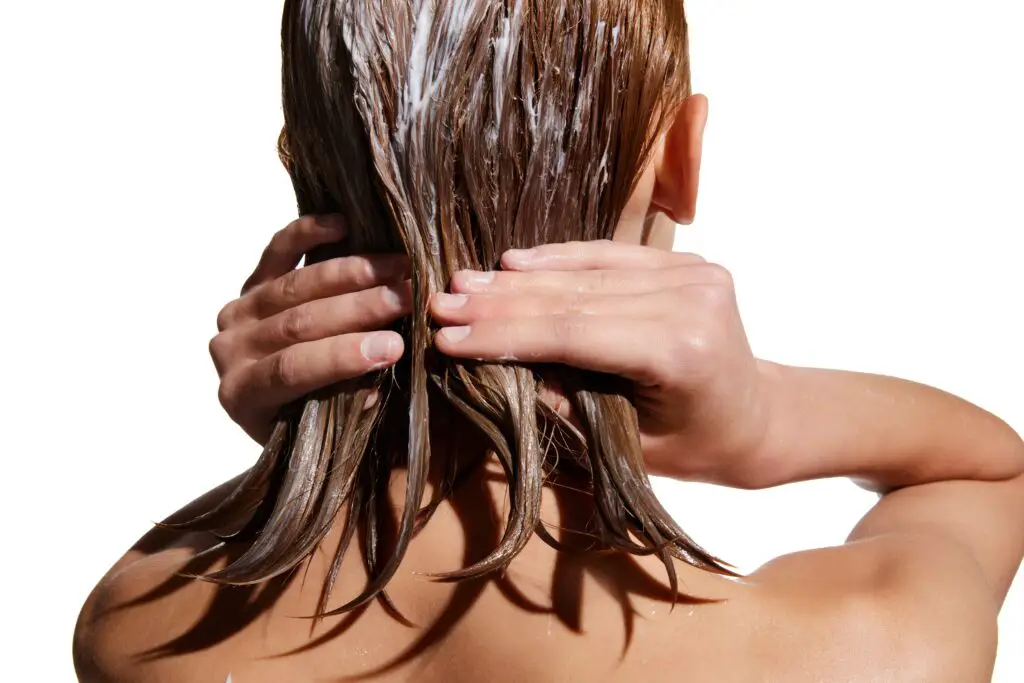
In cultures across the world, particularly in Russia and parts of Eastern Europe, it was believed that sleeping with wet hair could lead to serious health problems. Superstitions suggested that it could cause headaches, make you sick, or even lead to hair loss. The idea was that the dampness could cause an imbalance in body temperature, leading to ill health.
While there’s no direct correlation between wet hair and illness, sleeping with wet hair can cause discomfort, leading to a disturbed night’s sleep. The hair can also become tangled, which might make for an uncomfortable morning. It’s probably best to dry your hair before bed for both comfort and to avoid the possible inconvenience of waking up with damp, tangled locks.
13. Children Should Sleep With Their Dolls for Good Dreams
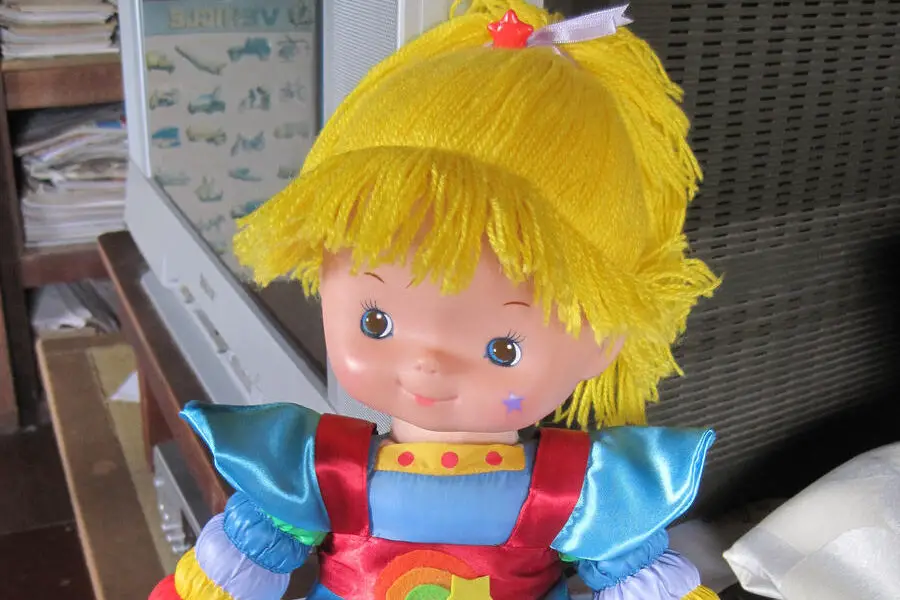
In some cultures, parents would place a child’s favorite doll or toy under their pillow or beside them in bed to protect them from nightmares. Dolls were believed to have magical properties that could ward off bad dreams and keep evil spirits away. This belief was especially prevalent in Eastern European countries, where dolls were seen as protectors and sources of comfort.
The belief may have stemmed from the idea that having a familiar object close by would provide emotional security. Even today, many children still sleep with their favorite toys or blankets for comfort, helping them feel safe and at ease as they drift off to sleep.
14. Sleeping With a Fan On Cools the Body and Keeps Away Illness
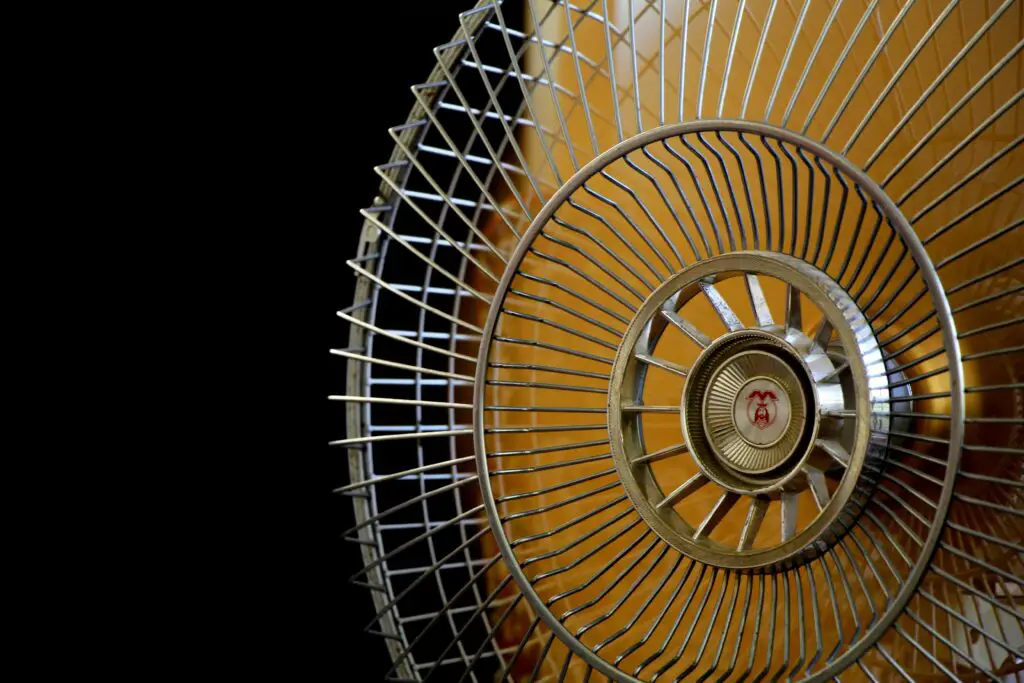
In the 1970s and 1980s, particularly in Japan, it was widely believed that sleeping with a fan on could cool the body and ward off illness. The belief extended to the idea that the fan’s motion could purify the air and improve sleep. However, it also took on a more ominous meaning, with some even suggesting that sleeping with a fan on could cause death, which led to the term “fan death” in Korea.
Despite the superstition, modern science shows that a fan can help circulate air and cool down a room, making sleep more comfortable, especially in warm weather. As for the health risks, the fear of “fan death” has been debunked, though sleeping with a fan on might still cause discomfort for those sensitive to air circulation or noise.
15. If You Have a Dream of Falling, It Means You’re About to Fail

The idea that falling dreams predict failure or misfortune has existed in various forms across many cultures. In some traditions, it was believed that if you dreamed of falling, it signaled a loss of control or an impending failure in waking life. Others thought it could be a warning about an area of life where you were about to “fall short” or make a mistake.
Dream analysts today believe that falling dreams often reflect feelings of insecurity or anxiety about an upcoming event, such as a job interview or important life decision. While falling dreams are common and do not predict failure, they can point to emotional stress or a sense of instability that needs attention.
